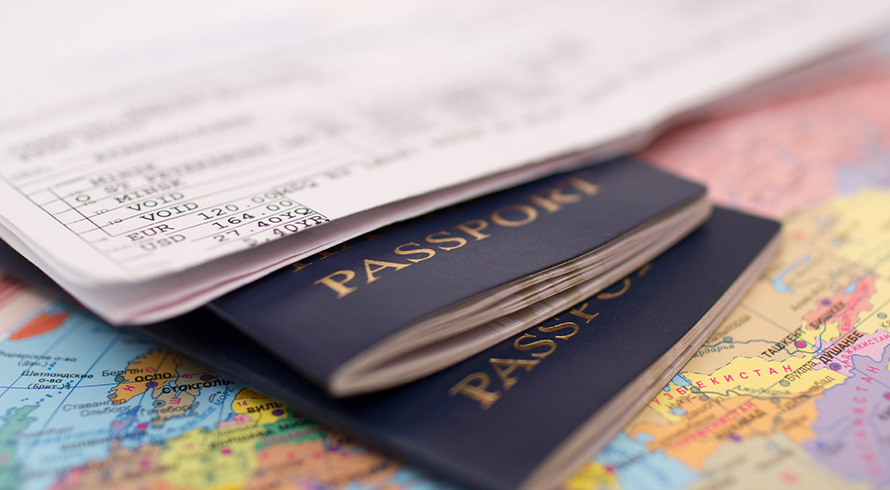SHUTDOWN! What about employees?
Annual Leave
Employees may be asked to use their annual leave during this time. This only applies to the statutory portion of annual leave (i.e. 15 business days).
Statutory annual leave is regulated by the BCEA. Section 20 sets out the framework for statutory annual leave. An employer must grant statutory annual leave in accordance with an agreement between the parties. In the absence of an agreement the employer may determine the time for statutory annual leave to be taken. When an employer wishes to send employees home on statutory annual leave to keep them away from the office during a pandemic such as this, it may determine the time for them to take statutory annual leave.
Temporary Employee Relief Scheme
In terms of the TERS process, the UIF may fund the distressed companies directly in relation to the TERS Allowance.
It allows for three types of relief:
- Wage subsidy;
- Wage subsidy and training; and
- Turnaround solution.
The distressed company will only be funded if it meets the key requirements of the UIF which includes that the distressed company is able to demonstrate that it will/or has embarked upon a turnaround or sustainability programme which will result in job preservation at the expiry of the funding agreement.
Disaster Management Fund
The employer may decide, as a direct result from the current Coronavirus (COVID-19) pandemic to close their business for a period and send employees home. This constitutes a temporary lay-off. If the employer cannot pay employees for this period, the employer can apply for the “National Disaster Benefit” from the UIF. This benefit will be at a flat rate equal to the minimum wage (R3,500) per employee for the duration of the shutdown or a maximum period of three months, whichever period is the shortest.
Reduced salary
Employees and employers may negotiate and agree on a reduced salary.
UIF Special Leave
If employees must subject themselves to be self-quarantined for 14 days (or longer) such leave will be recognised as “special leave” and employees will be permitted to apply for UIF benefits which will be paid on condition that the reason for the quarantine meets the necessary requirements.
DISCLAIMER:
The Employment Survival Guide is an informative guide covering a number of topics, which is being published purely for information purposes and is not intended to provide our readers with legal advice. Our specialist legal guidance should always be sought in relation to any situation. This version of the survival guide reflects our experts’ views as of 25 March 2020. It is important to note that this is a developing issue and that our team of specialists will endeavour to provide updated information as and when it becomes effective. Please contact our employment team should you require legal advice amidst the COVID-19 pandemic
The information and material published on this website is provided for general purposes only and does not constitute legal advice. We make every effort to ensure that the content is updated regularly and to offer the most current and accurate information. Please consult one of our lawyers on any specific legal problem or matter. We accept no responsibility for any loss or damage, whether direct or consequential, which may arise from reliance on the information contained in these pages. Please refer to our full terms and conditions. Copyright © 2026 Cliffe Dekker Hofmeyr. All rights reserved. For permission to reproduce an article or publication, please contact us cliffedekkerhofmeyr@cdhlegal.com.
Subscribe
We support our clients’ strategic and operational needs by offering innovative, integrated and high quality thought leadership. To stay up to date on the latest legal developments that may potentially impact your business, subscribe to our alerts, seminar and webinar invitations.
Subscribe




